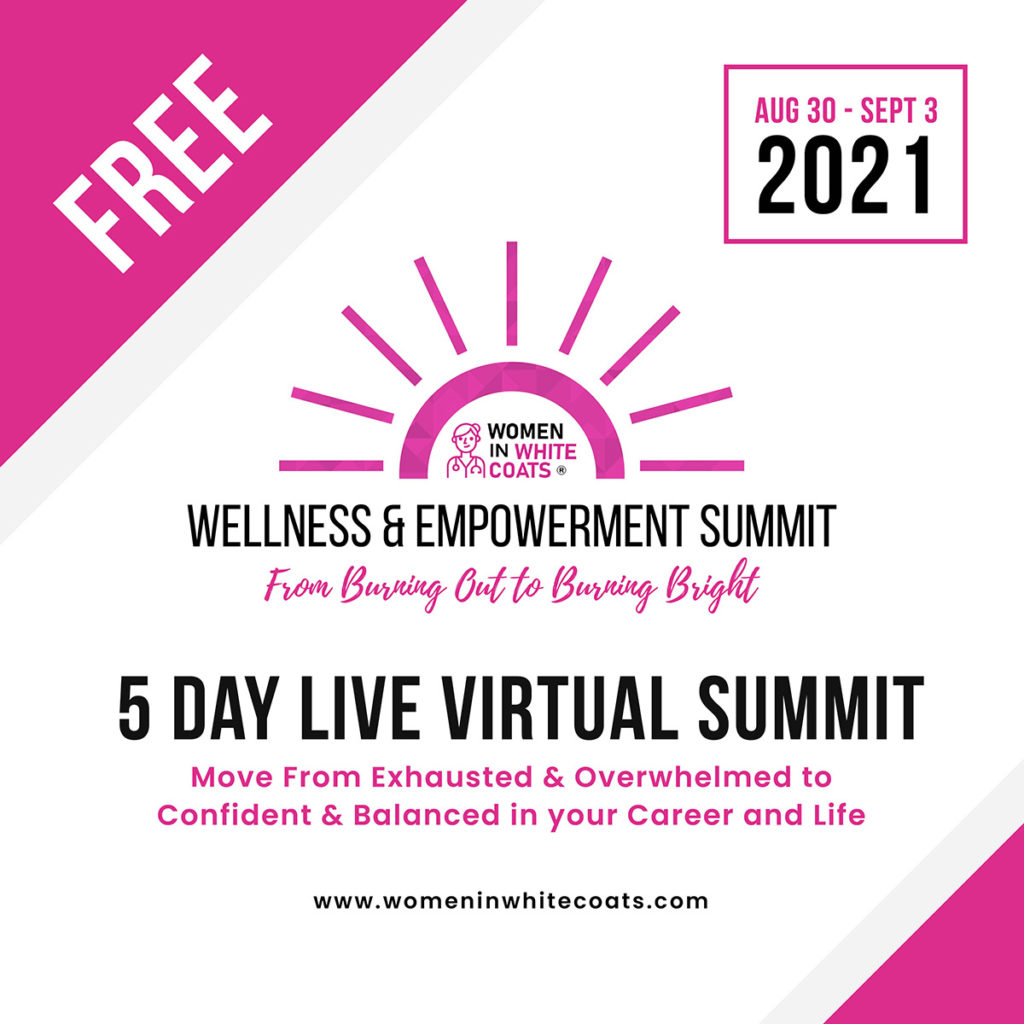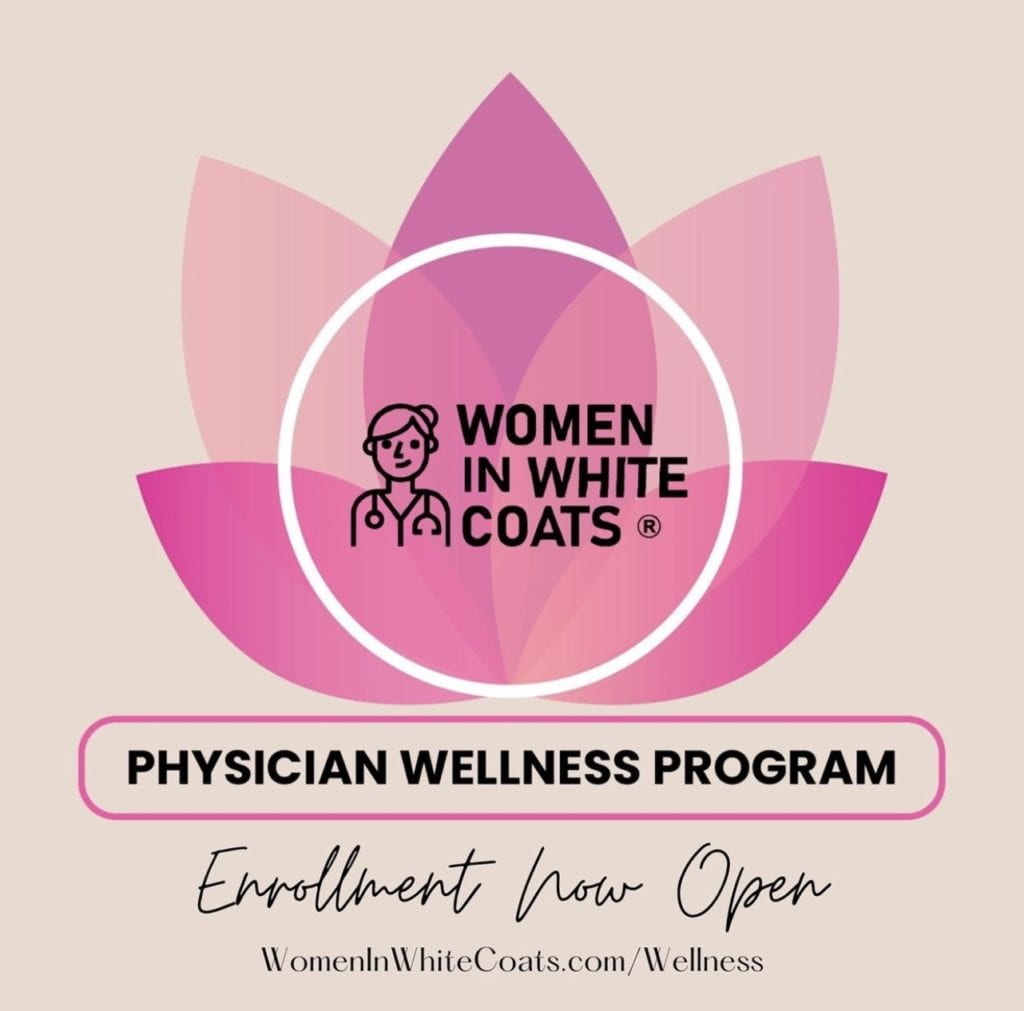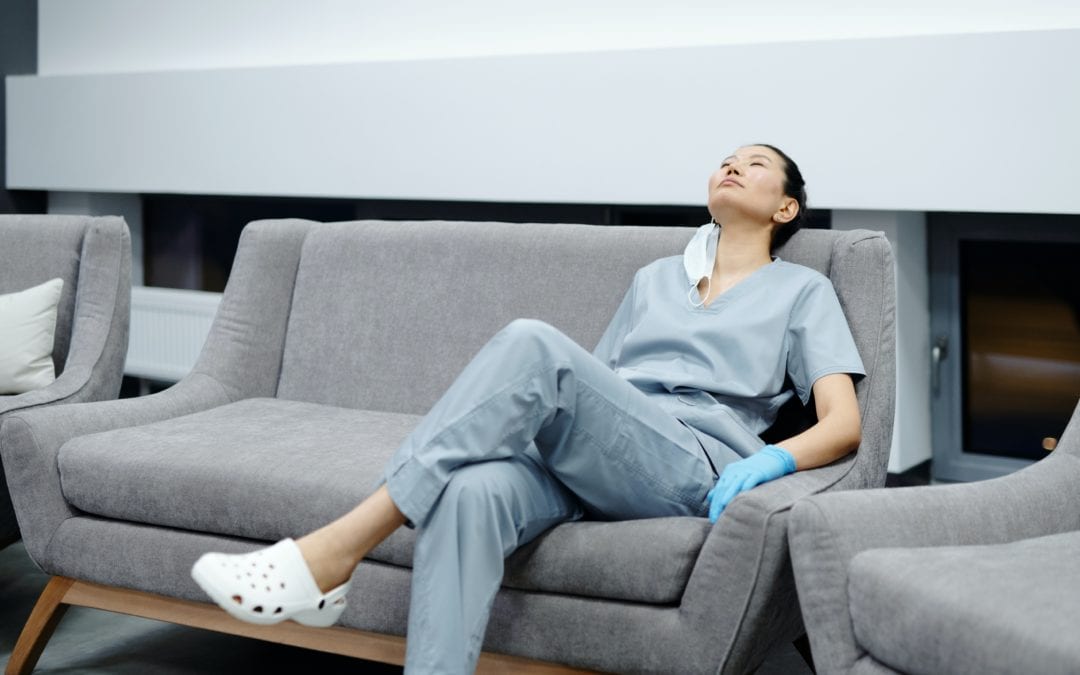While chatting with a lovely octogenarian patient, he suddenly asked “Doc, did you always know you wanted to be a doctor?” I was raised in a medical household in a small town, and I learned early on the profound impact that a physician could have on a community. I could imagine a no different life for myself.
“Yes,” I replied. “I’ve known since the age of four that I was going to be a doctor.”
“It’s so good to talk to someone who’s doing what they’ve always wanted to do,” he replied wistfully. “I always wanted to be a lawyer, but I didn’t finish my last year of law school.”
This was a man who was still running a successful business with no plans to retire soon. He carried palpable regret at not pursuing his dreams. He got me thinking about the dreams we have in youth and the evolution of those dreams in various stages of life.
My father is a traditional private practice surgeon, one of the old school physicians who surprisingly still remembers the Krebs cycle and enzymatic pathways. His memory and knowledge of the pathophysiology of the disease are astounding. He charted on paper charts with his illegible handwriting when professional courtesy was still a thing. His work ethic was, and is, the strongest of anyone I know. Being from a small town, I could not go anywhere without someone knowing my father and sharing a story of how he saved their life.
Even though I have always envisioned myself as a physician, my experience in the practice of medicine has proven to be much different than the experience of my father. Modern-day medicine is an actual beast. Modern-day medicine is about metrics and checkboxes and prior authorizations and fifteen-minute appointments. Modern-day medicine is about healthcare CEOs making billion-dollar bonuses while Medicare continues to threaten reduced reimbursements to physicians. Modern-day medicine is about Dr. Google and patient satisfaction surveys where something like declining to write a prescription can endanger someone’s professional reputation.

It is no wonder that when corporate medicine took over small practices and the patient was removed as the central equation in a physician-patient relationship, physician burnout began to rise.
A 2019 survey of physicians revealed that 44% of physicians reported: “burnout” (50% women vs 39% men). The percentage of physicians feeling burnout rises with the number of hours worked per week with physicians who work more than 51 hours per week reporting higher burnout. Physicians working through a healthcare organization reported more burnout (49%) as compared to office-based solo practice physicians (41%).
2020 was an unprecedented year in medicine. At the pandemic onset, caring for severely ill patients with only limited therapies to offer was certainly not a gratifying experience. The scarcity of personal protective equipment and the danger to physical health was an additional dark cloud looming over all of our heads. Also at the same time physicians were fighting two pandemics: the coronavirus pandemic and the misinformation pandemic. How did the pandemic affect physician burnout?
A 2020 survey of physicians with data collected from Aug 30, 2020, to Nov 5, 2020, revealed that 42% of physicians reported burnout (51% women vs 36% men). 79% of physicians reported that their burnout predated the pandemic. Physicians working through a healthcare organization reported more burnout (47%) as compared to office-based solo practice physicians (40%). However, happiness plunged from 69% pre-pandemic to 49%.

The 2020 survey is limited to about one month of data but it highlights what physicians perceive to be their true calling, which is to care for the sick. This calling drives us to get up and work on the weekends or holidays or during a pandemic. It allows us to put the needs of our patients before our own. The pandemic was a time where patient care took priority over metrics. We were doctoring like doctors, not data entry clerks.
Psychologist Abraham Maslow created a hierarchy of needs, a framework for personal and professional growth. The pyramid encompasses basic human needs: physiological, safety, love and belonging, esteem, and self-actualization. Despite needs like safety and social distancing lowering physician happiness during the pandemic, physicians were fulfilling their self-actualization needs.
In part two of this discussion, I will review Maslow’s hierarchy of needs as it pertains to physician burnout in non-pandemic times and present strategies to overcome these feelings. STAY TUNED…
Uzma Khan, MD, is a practicing Internist and a Women in White Coats writer’s fellow. She blogs about medicine, money, and life at http://www.meandmystethoscope.com/, and she can be found on Facebook Uzma Khan, MD, Instagram @uzmakhanmd and Twitter @uzmakhanmd





Trackbacks/Pingbacks